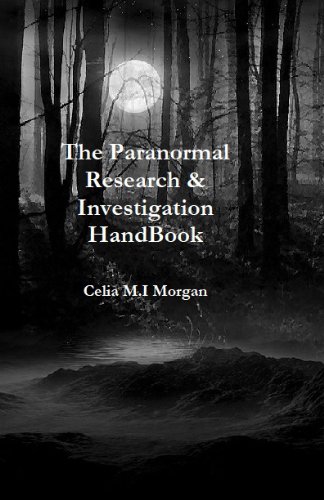By Niaz
“Professor Niaz’s booklet is so much welcome, coming at a time whilst there's an urgently felt have to improve the instructing of technology. The publication is a giant reduction for including to the standard approach - proposing technological know-how as a sequence of mere proof - additionally the required mandate: to teach how technological know-how is finished, and the way technology, via its background and philosophy, is a part of the cultural improvement of humanity.”Gerald Holton, Mallinckrodt Professor of Physics & Professor of heritage of technology, Harvard University
“In this stimulating and complex combination of heritage of chemistry, philosophy of technology, and technology pedagogy, Professor Mansoor Niaz has succeeded in supplying a promising new method of the instructing of primary rules in chemistry. Historians and philosophers of chemistry --- and in particular, chemistry lecturers --- will locate this publication jam-packed with helpful and hugely usable new ideas”Alan Rocke, Case Western Reserve college “This booklet artfully connects chemistry and chemistry schooling to the human context during which chemical technological know-how is practiced and the historic and philosophical historical past that illuminates that perform. Mansoor Niaz deftly weaves jointly old episodes within the quest for medical wisdom with the psychology of studying and philosophical reflections at the nature of medical wisdom and procedure. the result's a compelling case for traditionally and philosophically expert technological know-how schooling. hugely recommended!”Harvey Siegel, college of Miami “Books that study the philosophy and background of technological know-how in Chemistry are really infrequent. ‘Chemistry schooling and Contributions from background and Philosophy of technology’ by way of Mansoor Niaz is without doubt one of the infrequent books at the background and philosophy of chemistry and their significance in instructing this technology. The booklet is going via the entire major innovations of chemistry, and analyzes the ancient and philosophical advancements in addition to their reflections in textbooks.Closest to my middle is bankruptcy 6, that's dedicated to the chemical bond, the glue that holds jointly all subject in our earth. The bankruptcy emphasizes the progressive impression of the idea that of the ‘covalent bond’ at the chemical neighborhood and the nice novelty of the concept that was once conceived eleven years sooner than quantum mechanics used to be in a position to provide the mechanism of electron pairing and covalent bonding. the writer is going then to explain the emergence of 2 rival theories that defined the character of the chemical bond when it comes to quantum mec
Read or Download Chemistry Education and Contributions from History and Philosophy of Science (Science: Philosophy, History and Education) PDF
Similar science & nature education books
Tsukuba technology urban is the world's such a lot formidable try and `turbocharge' medical collaboration. James W. Dearing appears on the political and financial context during which the plans for Tsukuba have been laid, how these plans replaced through the means of implementation, and on the functioning of Tsukuba this present day.
The Paranormal Research & Investigation HandBook (Paranormal Investigation Guides)
Paranormal learn research advisor, details and extra. comprises short descriptions of constructing a mystical examine research organization and engaging in Paranormal learn Investigations.
Durch die Heterogenität im Klassenzimmer fühlen sich Lehrer/innen in ihrer täglichen Unterrichtsarbeit belastet und teilweise überfordert. Die vorliegende Arbeit setzt sich mit der Problematik auseinander, indem der Begriff der Heterogenität diskutiert wird und die sie beschreibenden Faktoren dargestellt werden.
Designing Professional Development for Teachers of Science and Mathematics
The vintage advisor for designing powerful technology and arithmetic expert improvement programs! This increased version of 1 of the main extensively mentioned assets within the box improvement for arithmetic and technology educators demonstrates easy methods to layout expert improvement reports for academics that result in more desirable pupil studying.
- Bayesian Methods for Ecology
- Förderung des Nachwuchses in Technik und Naturwissenschaft: Beiträge zu den Zentralen Handlungsfeldern (acatech DISKUTIERT) (German Edition)
- Accelerating Clean Energy Technology Research, Development, and Deployment: Lessons from Non-energy Sectors (World Bank Working Papers)
- Tillbaka till Newton: Den speciella relativitetsteori: forskning, kritisk analys (Swedish Edition)
Additional resources for Chemistry Education and Contributions from History and Philosophy of Science (Science: Philosophy, History and Education)
Sample text
- Who's #1?: The Science of Rating and Ranking by Amy N. Langville,Carl D. D. Meyer
- Evolution of Dam Policies: Evidence from the Big Hydropower by Waltina Scheumann,Oliver Hensengerth

